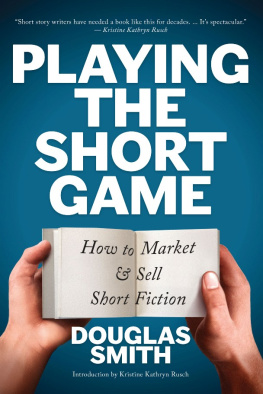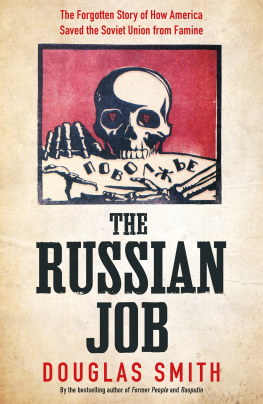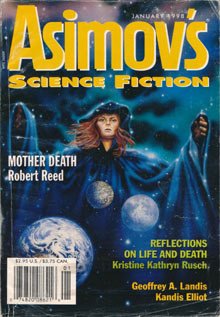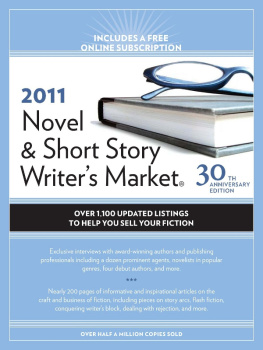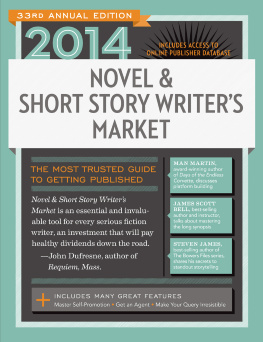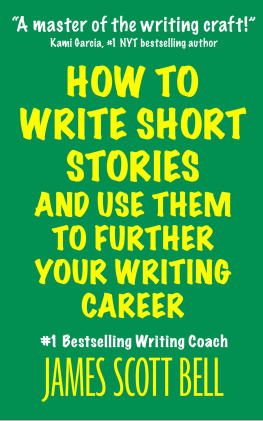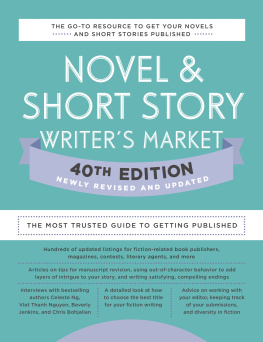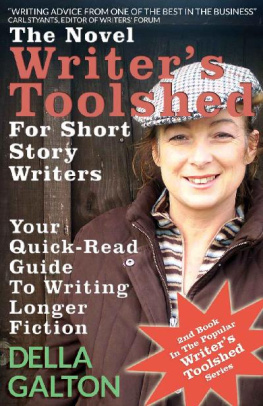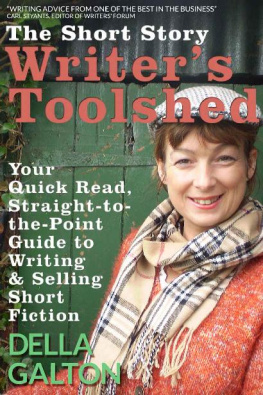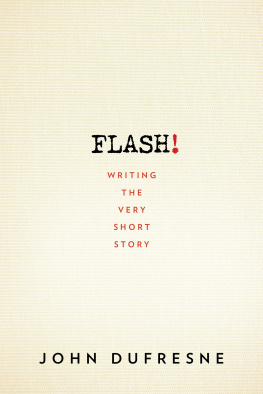Playing the Short Game: How to Market & Sell Short Fiction
Take your first step to becoming a professional short fiction writerbuy this book!
In an engaging and conversational style, award-winning author Douglas Smith teaches you how to market and sell short storiesand much, much more.
Even experienced writers will find value here as Smith takes you from your first sale to using your stories to build a writing career.
~~~
We short story writers have needed a book like this for decades.... Its spectacular.
Kristine Kathryn Rusch, Award-winning Author & Editor
If you are the least bit interested in having a career as a fiction writer then I can tell you what to read: Douglas Smiths Playing the Short Game: How to Market & Sell Short Fiction. From now on this is my go-to book for all things related to starting and maintaining my fiction writing career.
Filip Wiltgren, The Guide to a Professional Writing Career
Contents
The Fundamentals: The different types of writers. The benefits of short fiction. Rights and licensing.
Selling Your Stories: Knowing when its ready. Choosing markets. Submitting stories. Avoiding mistakes. How editors select stories. Dealing with rejections. When to give up on a story.
After a Sale: Contracts. Working with editors. What your first sale means. Dealing with reviews.
A Writers Magic Bakery: Selling reprints. Foreign markets. Audio markets. Selling a collection. The indie option.
Becoming Established: Leveraging your stories. Discoverability and promotion. Career progression in short fiction.
With an introduction by multi-award winning writer and editor, Kristine Kathryn Rusch.
~~~
Doug Smith is, quite simply, the finest short story writer Canada has ever produced in the science fiction and fantasy genres, and hes also the most prolific. His stories are a treasure trove of riches that will touch your heart while making you think.
Robert J. Sawyer, Hugo Award-winning author
One of Canadas most original writers of speculative fiction.
Library Journal
A great storyteller with a gifted and individual voice.
Charles de Lint, World Fantasy Award winner
Smiths writing, evocative yet understated, gracefully brings to life his imagined realms.
Quill and Quire
Smith paints his worlds so well that you are transported within a paragraph or two and remain in transit until the story ends.
Broken Pencil
His stories resonate with a deep understanding of the human condition as well as a characteristic wry wonder... Stories you cant forget, even years later.
Julie Czerneda, award-winning author and editor
An extraordinary author whom every lover of quality speculative fiction should read.
Fantasy Book Critic
Smith is definitely an author who deserves to be more widely read.
Strange Horizons
Sadly under read, Douglas Smith is deserving of an entire Science Fiction You Havent ReadBut Should article all to his own, and youll likely see it one day.
Digital Science Fiction
Table of Contents
A Spiral Path Publication
PLAYING THE SHORT GAME: HOW TO MARKET & SELL SHORT FICTION
Copyright 2014 by Douglas Smith
All rights reserved by the author
Cover Art
Copyright 2014 by Erik Mohr
Published by Spiral Path Books
ISBN 978-1-928048-23-7
Publication History
This book is also available in trade paperback (ISBN 978-1-928048-22-0).
License Notes
This ebook is licensed for your personal enjoyment only. This ebook may not be resold or given away to other people. If you would like to share this book with other people, please purchase additional copies. If youre reading this book and did not purchase it, or it was not purchased for your use only, then please purchase your own copy. Thank you for respecting the hard work of this author.
Disclaimer
This is a work of fiction. All names, characters, places, and incidents are either the product of the authors imagination, or are used fictitiously. Any resemblance to actual persons, living or dead, business establishments, events, or locales is entirely coincidental.
Introduction by Kristine Kathryn Rusch
NOVELISTS THINK of short stories as afterthoughts. Oh, they tell each other, you can always write a short story.
They say that with a bit of a snobbish air, as if short stories are beneath them. They sit on their lofty 100,000 word perches and sneer at the writers who toil in the short fiction arena as if those writers really arent worthy.
Until the novels-only novelists try to write a short story, and realize just how hard it is. They cant natter on for pages about how someone looks or reveal that he grew up with a German Shepherd, unless that dog is part of the short storys plot.
For a while in the 1980s and 1990s, it looked like the short story might die of neglect. Only a few markets still published them in the genres. Outside of the genres, the literary press cut back on the short stories that it published as wellat least the stories that it paid for. If a short story writer wanted to sell something for copies of the publication, well, there were hundreds of those markets.
I put the word in quotes because, as a professional writer, I dont give my work away, and the places that ask me to, saying Ill get prestige, apparently dont realize that I cant eat prestige.
About ten years ago now, it became possible again to make a living selling just short fiction. A short fiction writer would have to write a lot of short fiction each year, and would have to be very good at marketing it, but the writer could make about a hefty five-figure income.
It took concentration; it meant the writer had to know her markets. It meant she had to understand contracts, and she had to look outside of her native land for reprint sales. But it could be done.
I know, because I did it.
I also sold novels at the time, but the short fiction made as much as four novel sales each and every year.
Fortunately for me, I love short stories, and I love writing them. Ive edited them, Ive written them, and Ive owned publishing companies dedicated to publishing them. I blog about them even now, and I subscribe to almost every genre short fiction magazine I can get my hands on.
The short fiction market has greatly improved since the publishing industry started to change about five years ago. The rise of electronic publishing saved some of the genre magazines, and inspired others to start. Suddenly, the magazines could get worldwide subscribers with just a click of a button. A reader overseas didnt have to pay massive shipping costs to read something curated by their favorite editor.
At least once a quarter, I donate to some Kickstarter project dedicated to funding a new magazine. At least once a quarter, I also donate to other Kickstarters funding a new anthology. Heck, Im even back editing, and I said I wouldnt do that unless I had complete creative control, something I didnt have at The Magazine of Fantasy & Science Fiction, back in the 1990s when I edited the magazine.
The short fiction markets havent just grown: Theyve exploded.
And not just in science fiction or mystery. Literary journals are actually paying money again. Romance anthologies have received major funding.
I suspect that writers could probably make more than the median income in the United States with short stories alone, as long as they keep their heads down and write a lot of short work.

